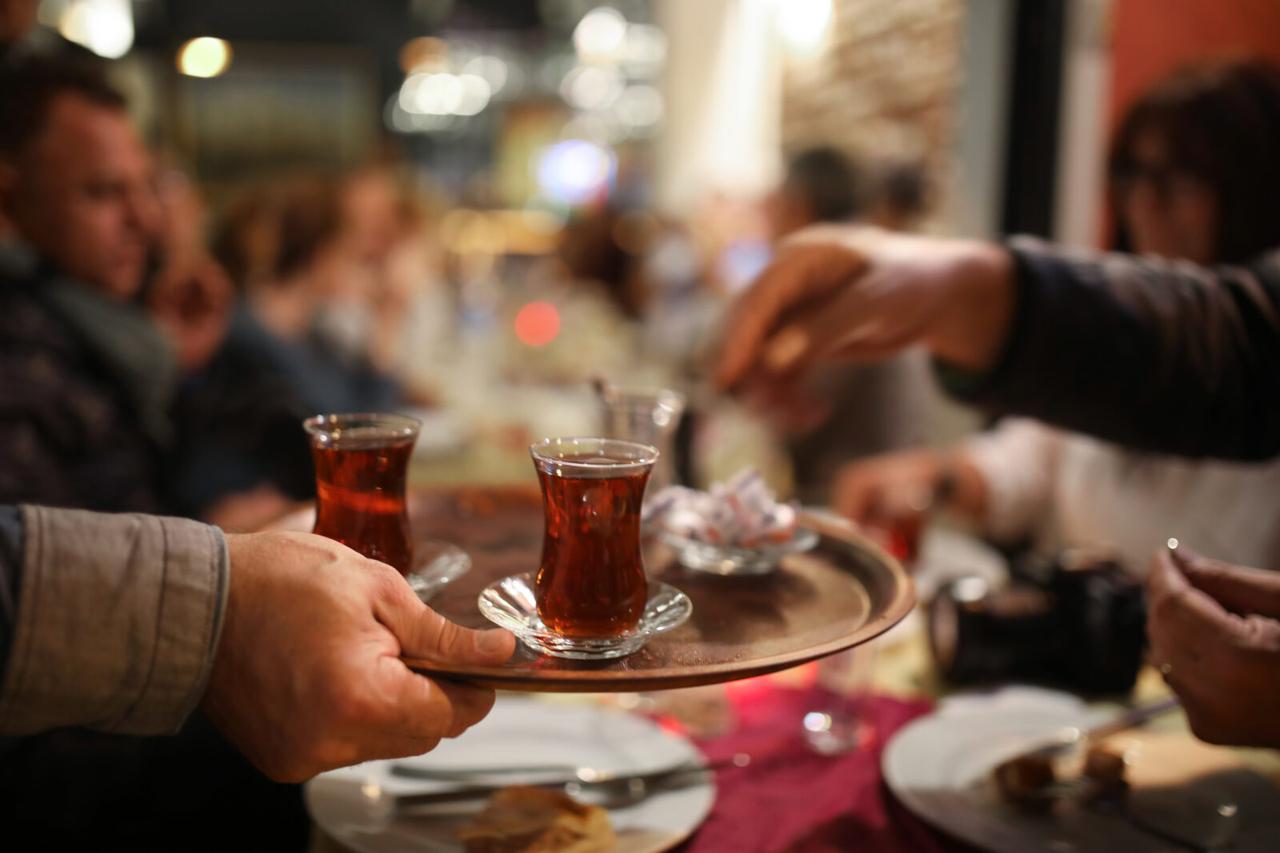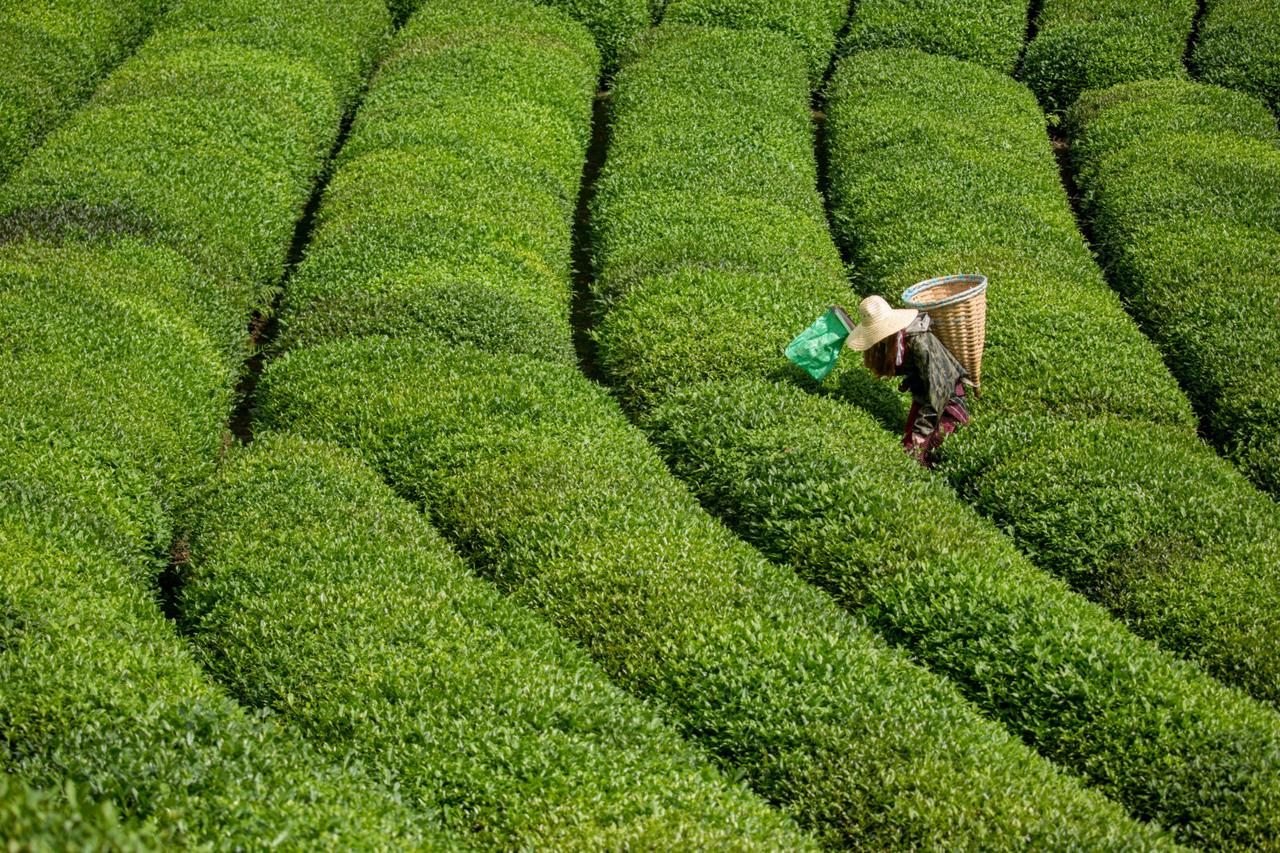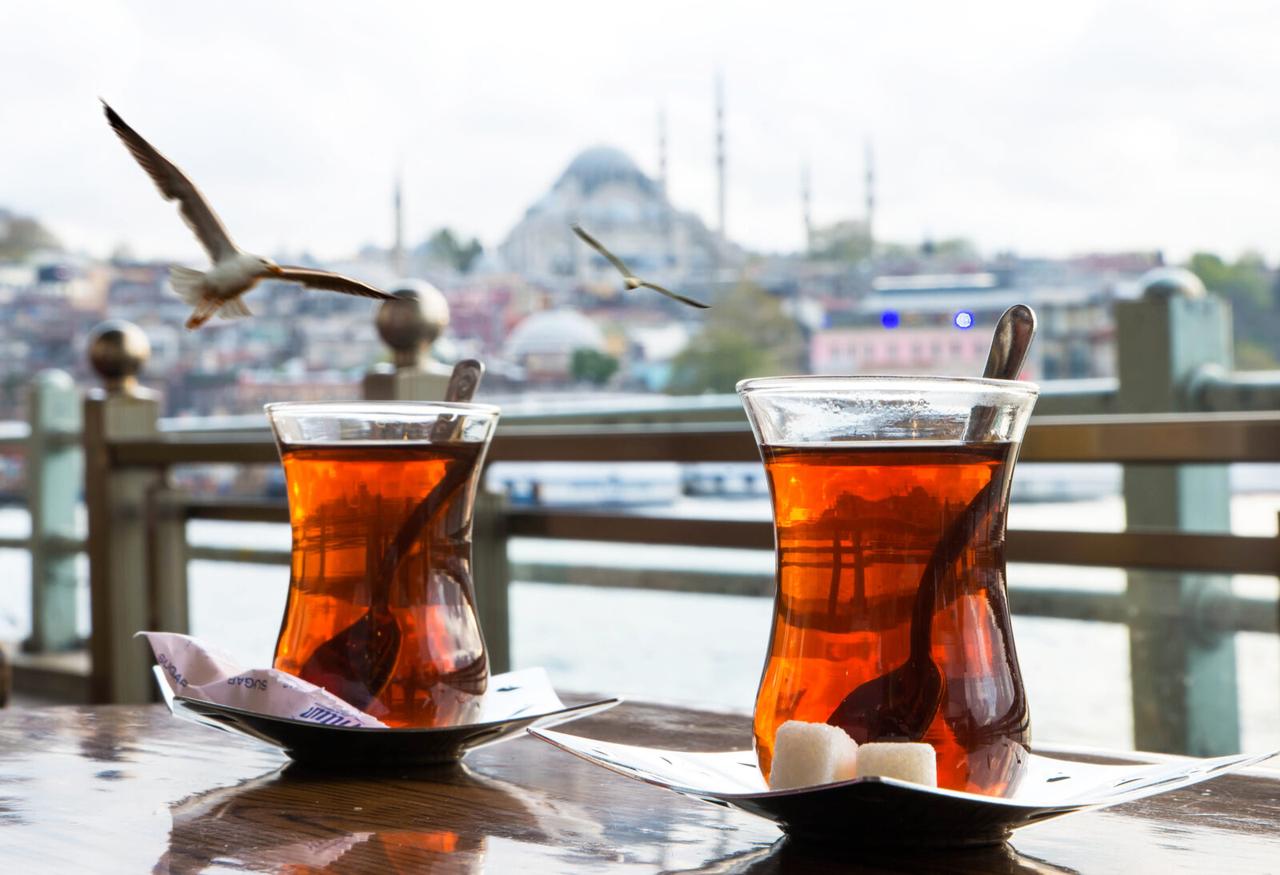
In Türkiye, tea is far more than a beverage—it’s a ritual, a tradition, and a social glue binding people across generations, classes, and geographies. While coffee has often claimed center stage in global images of Middle Eastern hospitality, in Türkiye, tea holds a distinctly irreplaceable role.
Brewed strong, poured into tulip-shaped glasses, and often served in settings ranging from modest homes to bustling tea gardens, it is both an everyday habit and a cultural emblem.
Consumed daily by millions, tea in Türkiye is not just a personal indulgence but a medium for human connection. The simple act of offering a guest tea sets the tone for genuine conversation. Whether in the teacher’s lounge, a village home, or a city cafe, the phrase “Shall we have a tea?” implies more than refreshment—it is an invitation to bond.
According to qualitative interviews with teachers from different parts of Istanbul, tea helps calm the nerves, fosters dialogue, and even supports mental well-being. “It’s like a friend,” said one participant. “It helps people open up.”

Tea's roots stretch back thousands of years to China, but its story in Türkiye begins more recently. While the Ottoman Empire experimented with tea cultivation in the 19th century, large-scale production began only after the Republic’s founding, thanks to agriculturalist Zihni Derin’s pioneering efforts in Rize and the surrounding Black Sea regions.
Today, Türkiye ranks among the top tea-consuming countries globally, with annual per capita consumption exceeding 3 kilograms. The country is also a notable producer, especially of black tea, and exports to nations including Belgium, Georgia, and Germany.
Tea culture in Türkiye is richly regional. In the East, it is brewed dark and often strong, while in the West, lighter versions dominate. Rituals surrounding tea are also deeply embedded in life’s milestones—from engagement ceremonies to funerals.
In some regions, tea replaces coffee in traditional “kiz isteme” (bride-asking) ceremonies. In others, it complements “altin gunu” (gold days), social gatherings where women meet to share food, stories, and companionship.

Tea’s role in Türkiye is not just cultural—it also serves as a source of comfort and potential health benefits. Rich in antioxidants and free of artificial additives, tea is believed to aid digestion, reduce stress, and even support cardiovascular health.
Yet, as experts and interviewees caution, overconsumption can cause issues such as insomnia, high blood pressure, or calcium depletion. Moderation, as always, is key.
Beyond health or habit, tea in Türkiye is a vessel of identity. Referenced in literature, immortalized in poetry, and featured in artworks, it mirrors the national spirit: warm, inclusive, and enduring.